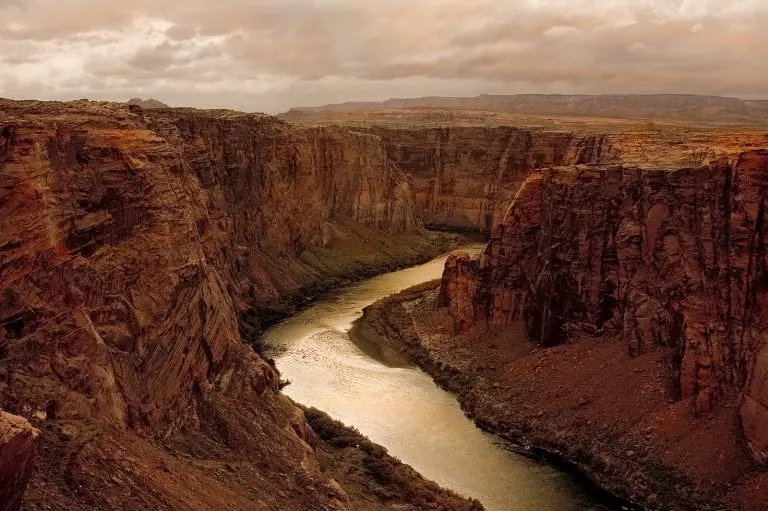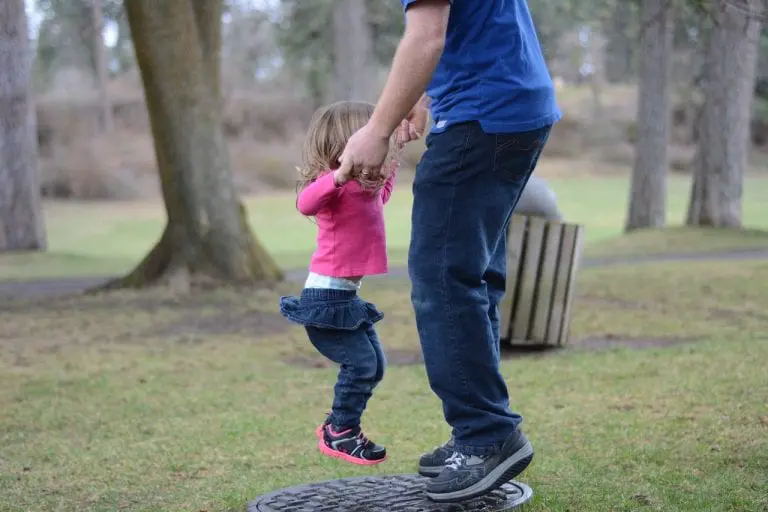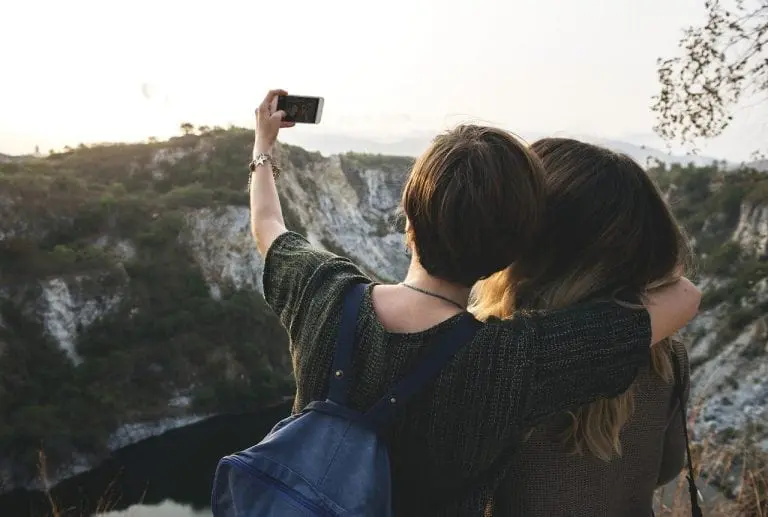Everything a First-Time Camper Should Know

Camping is a fun and exciting way to explore the outdoors, from the mountains and valleys of nature to the remote corners of exotic destinations. Whether you’re just starting your camping journey or are an experienced traveler looking for a unique experience, few activities can match the excitement, challenge, and adventure of camping. To ensure your first-time camping trip is successful, you must know what to expect and how best to prepare.
What Clothes to Pack
The key to a successful camping trip is to pack the appropriate clothing. To stay comfortable in varying temperatures and weather conditions, bring along plenty of layers. It’s also essential to ensure that your clothes are waterproof, especially if you’re planning trips to Everest base camp or other areas with extreme temperatures. Check the local forecast for your camping destination to know what clothing is best for the area. Additionally, it’s essential to bring along a few extra items that can come in handy when you least expect it, such as an umbrella and rain jacket.
Which Camping Gear is Essential
No matter where you choose to camp, there are certain pieces of equipment that you’ll need to make your stay comfortable. A tent is necessary for sleeping, while a sleeping bag will keep you warm and cozy at night. Make sure to pack the right size and type of tent depending on how many people will be camping with you. For example, if there are just a few of you, you can look at getting a rooftop tent, to make sleeping more comfortable, whereas if there are a couple of families all going camping together you may want to look at larger ground tents. You should also bring other essentials such as a camp stove, cooking utensils, water containers, flashlights or headlamps, a first aid kit, and insect repellent. It’s also a good idea to bring along maps, a GPS unit, and some communication devices in case you get lost or need help.
How to Find the Right Camping Spot
Many factors can make or break your experience when choosing where to camp:
- Consider what terrain you want, such as mountains, beaches, or forests. Choosing a spot away from nearby towns or roads is also essential so you won’t be disturbed by noise.
- Check with the local park service for rules and regulations before setting up your tent.
- Always ensure your chosen campsite has access to clean drinking water and is free of any hazardous conditions.
Safety Tips for Camping
Regarding safety, you should always keep a few key things in mind while camping. To start, never leave camp without informing someone of your plans, especially if you’re going on a hike or backpacking trip. Make sure to bring the necessary supplies, such as maps and compasses, to stay safe and know where you are. Additionally, be aware of any wild animals in the area, and don’t forget to pack bear spray if needed. Finally, never venture out alone; always have another person with you just in case something goes wrong.
How Best to Prepare for the Trip
To ensure your first camping trip goes as smoothly as possible, you must do some advanced preparation. Start by carefully researching the location you plan on visiting and familiarize yourself with the local terrain and any potential hazards. Additionally, ensure that you have all your gear packed and ready before leaving home. Check the weather forecast to prepare for what Mother Nature throws at you. Moreover, it’s essential to check the local regulations and restrictions for campfires, pets, and other activities.
Advantages of Camping Over Staying in Other Accommodation
There are many advantages to camping over staying in regular accommodation. Campers should know about these to ensure they get the most out of their trip. It will also help them determine if camping is the best option for their particular situation.
Camping can be cheaper
Since you are staying in a tent rather than a hotel, the cost of your stay can be much lower. Depending on where you go, camping can cost as little as a few dollars per night compared to hundreds of dollars for a hotel room.
Camping allows for more flexibility
You can choose where you want to camp and how long you wish to stay without committing to any pre-set duration, unlike hotels where you typically have to pay for the entire stay up front.
Camping allows for close contact with nature
When camping, it’s easier to truly take in your natural surroundings since you are out in the open with few distractions. It can be highly beneficial for those who want to experience nature in all its beauty without dealing with the hustle and bustle of a tourist destination.
You can bring your food and drinks when camping
If you’re staying in a hotel, you’re often limited to the food and drinks offered. When camping, however, you have much more freedom regarding what you can bring and eat since you’ll be able to store it in your cooler or prepare meals over the campfire.









